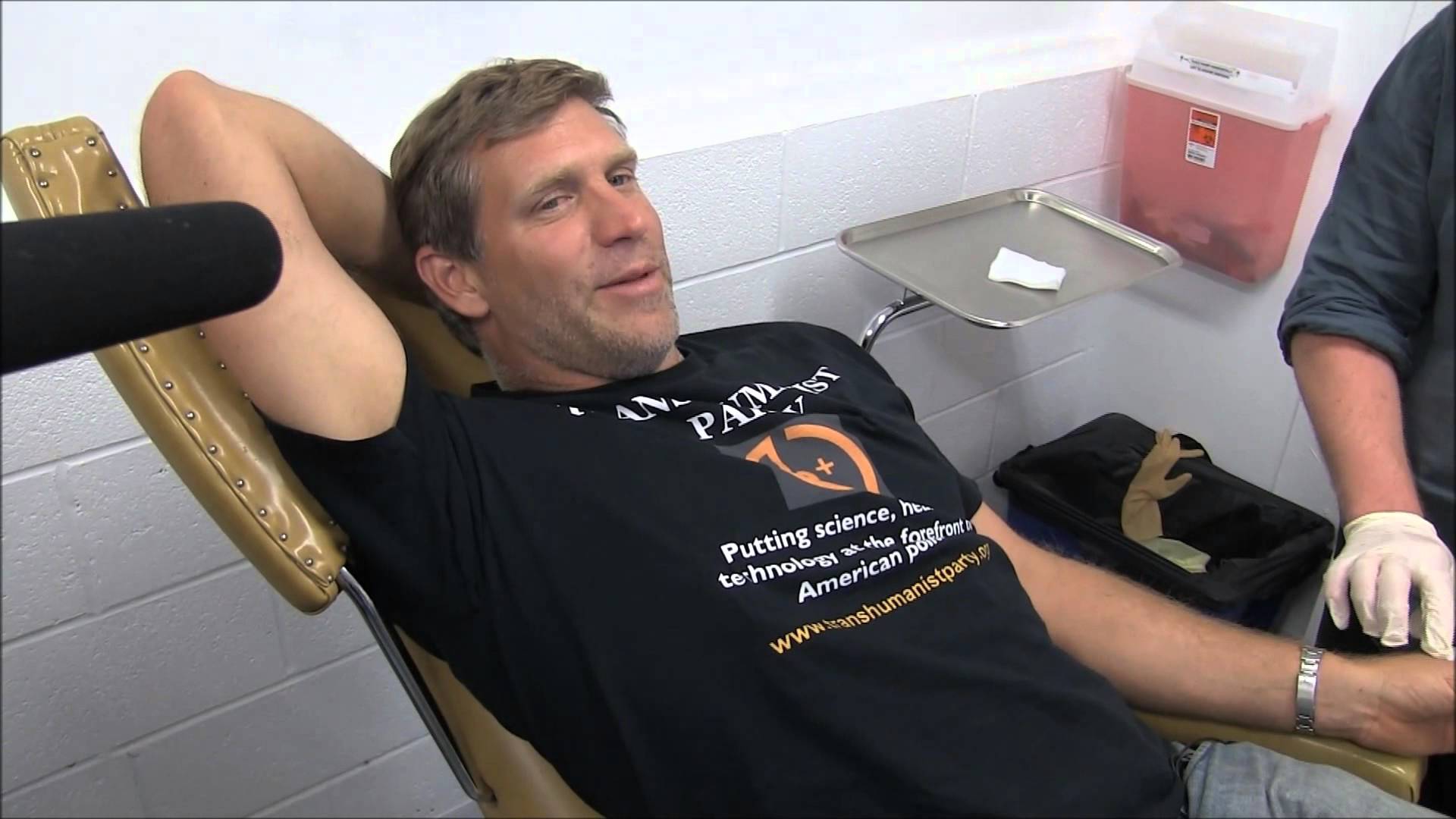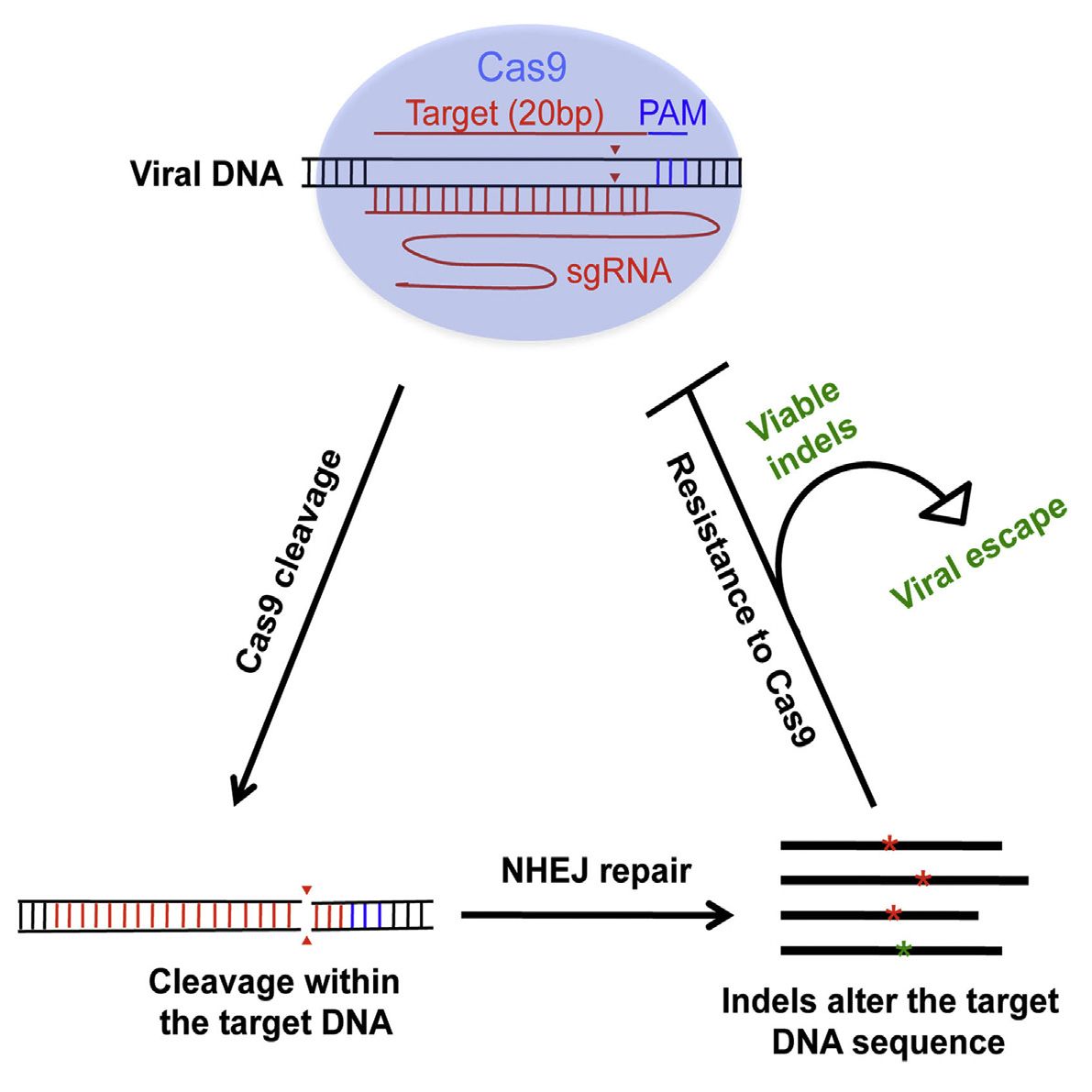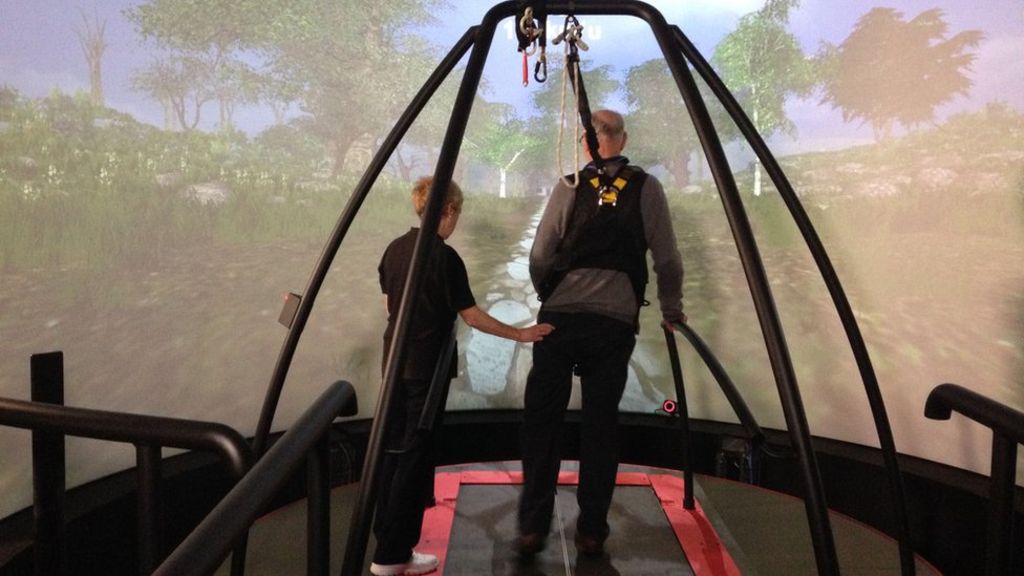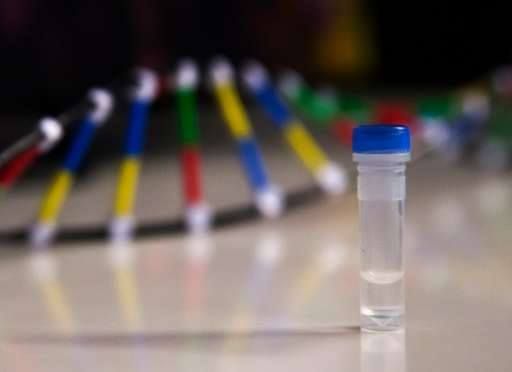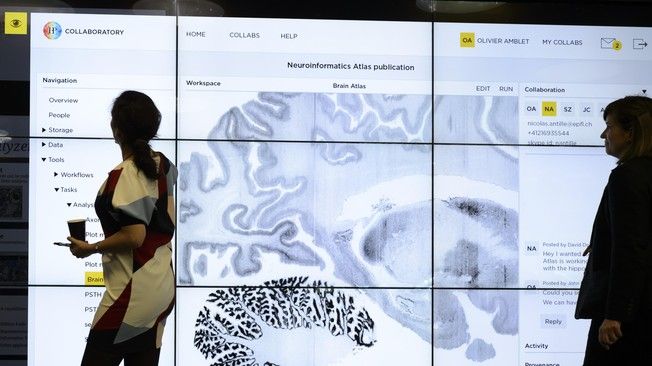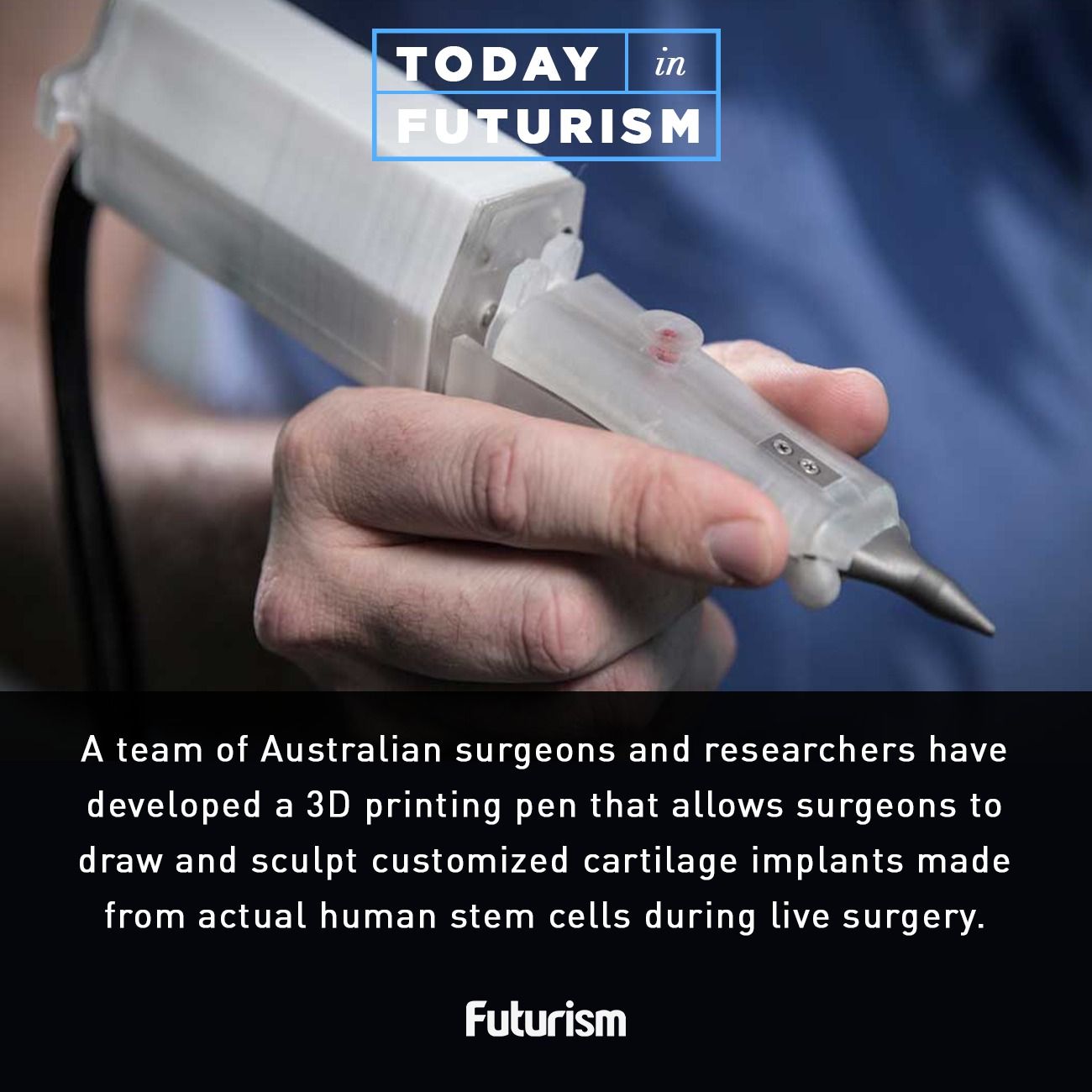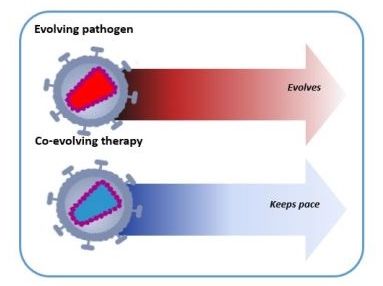
Zika. Ebola. Dengue. Influenza. Chikungunya. These are but a few among the growing cadre of viruses that today pose serious health threats to U.S. troops, as well as to civilian populations in the United States and around the world. Vaccines exist for but a few of these infectious diseases. And since these viruses have an uncanny ability to mutate and morph as they reproduce inside their hosts, those few vaccines that do exist are quickly outdated, providing little protection against the latest viral strains. That’s why flu vaccine manufacturers, for example, must produce new versions annually, at enormous expense and with variable year-to-year efficacy.
Ideally, to outpace evolving pathogens, a therapy or a vaccine would adapt in real time, shape-shifting as fast as its targets do. To pursue that radical approach, DARPA today launched its INTERfering and Co-Evolving Prevention and Therapy (INTERCEPT) program.
“We need a new paradigm to stay ahead of these moving targets,” said Jim Gimlett, DARPA program manager. “With INTERCEPT, the goal is to develop viral therapies that are effective against a broad spectrum of viral strains, and that can co-evolve and outpace new strains.”
Read more

